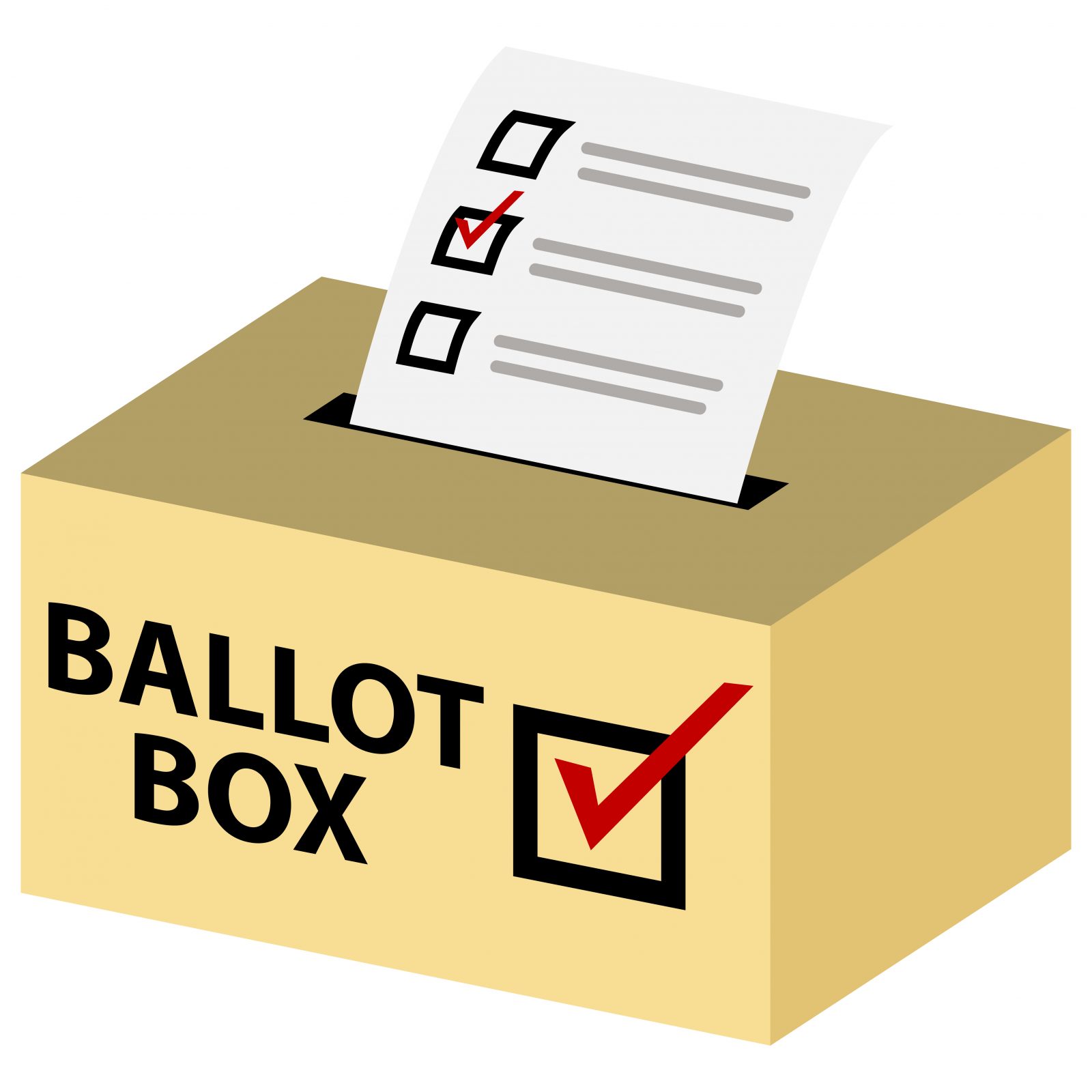CORNWALL, Ontario – On Thursday, Nov. 20 Bill 218 received Royal Assent. Dubbed the Supporting Ontario’s Recovery and Municipal Elections Act, 2020, the bill from the Doug Ford government blocks all municipalities from implementing ranked ballot voting.
In Ranked Ballot Voting (RBV), electors rank their candidates from most preferred to least. The current voting system used by most municipalities is First Past the Post, where the single candidate with the most votes wins.
FairVote.org, which advocates for RBV claims that it leads to a more representative democracy.
“Too often, candidates win elections despite being opposed by most voters. In elections with more than two candidates, candidates can and do win even when less than half of voters support them,” reads a statement on FairVote.org. “With ranked choice voting (RCV) for single-winner offices, if no candidate has a majority in first-choices, the candidates in last place will be eliminated one-by-one. If a voter’s first choice is eliminated, their vote instantly goes to their second choice. That way, we can find out which of the top candidates has real majority support.”
One Ontario municipality, London, ON, chose to implement RBV for their last election in 2018, and a few others chose to hold a referendum on the issue, with Kingston voters endorsing the idea of moving to RBV.
Jim McDonell, MPP for Stormont, Dundas, and South Glengarry, and Parliamentary Assistant to the Minister of Municipal Affairs and Housing said that the reason why the government wants to put an end to RBV is because of the cost to municipalities, citing the increased cost of London 2018 election.
“The estimate is it cost them almost $500,000 more to run that election,” McDonell said. “And if you look at the result it had no real impact. If you do that across the province, you’re looking at tens of millions of dollars.”
According to the City of London, their 2014 election cost $1,321,056, with the 2018 election costing $1,779,149. The staff report from the City of London does state that the RBV system cost an additional $515,446, but that there were additional factors that could be attributed to the overall increase in the cost of the election.
“The Elections Office noted along With Ranked Choice Voting, the overall increase in costs can be attributed to rising supplier costs, an increase in vote tabulator machines to meet the demands of a growing population, as well as a planned increase to temporary staff complement in the Elections Office in order to complete the regular election tasks,” the staff report reads.
Locally, the Township of South Glengarry voted to endorse a letter from the Municipality of Meaford opposing the changes to the Municipal Act.
“I think that is a step backwards for that option to be striped away. I think municipalities should have the flexibility to run elections in the best way they see for them,” said Councillor Stephanie Jaworski at South Glengarry’s most recent council meeting with Mayor Frank Prevost also voicing his support.




